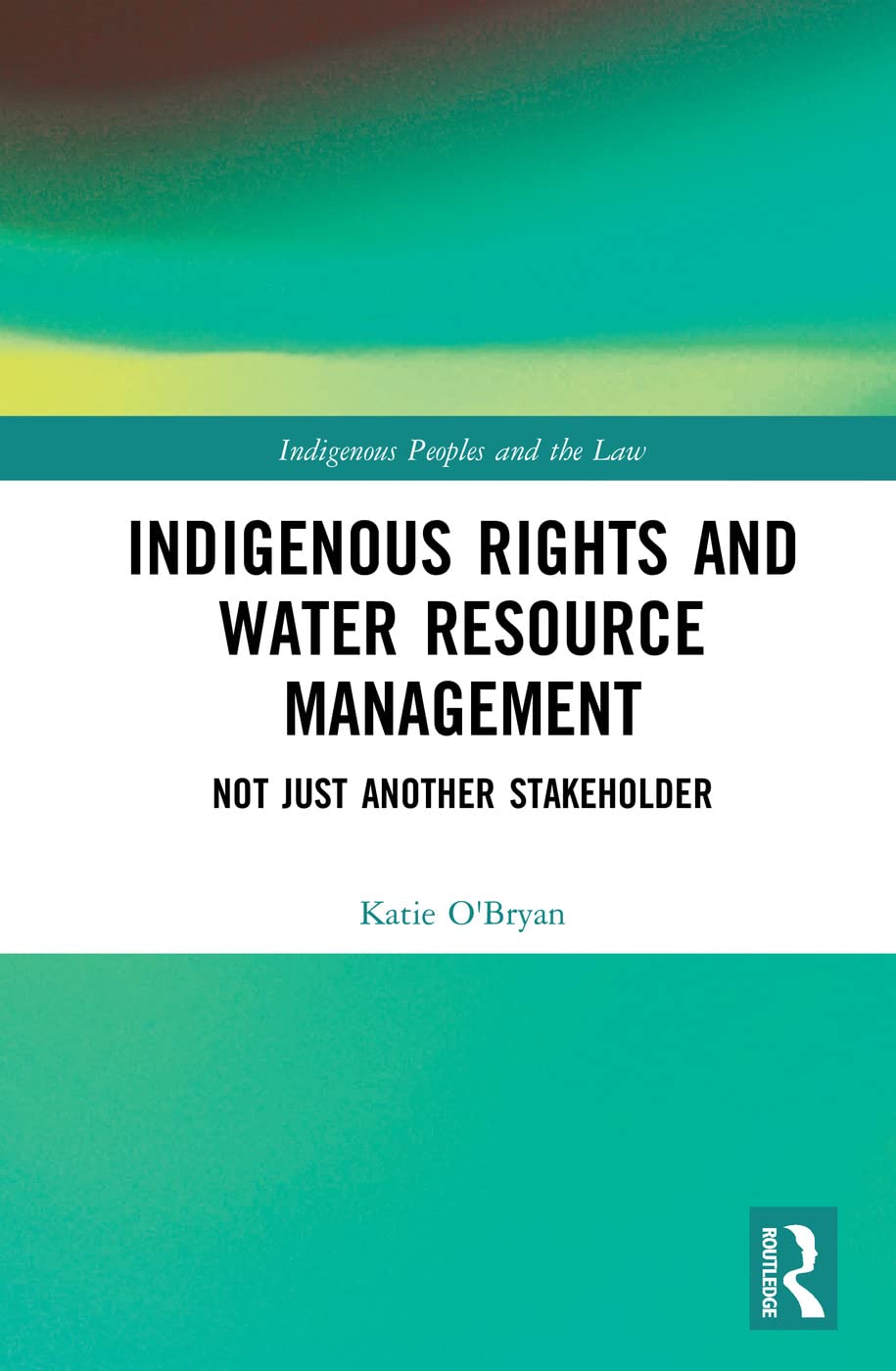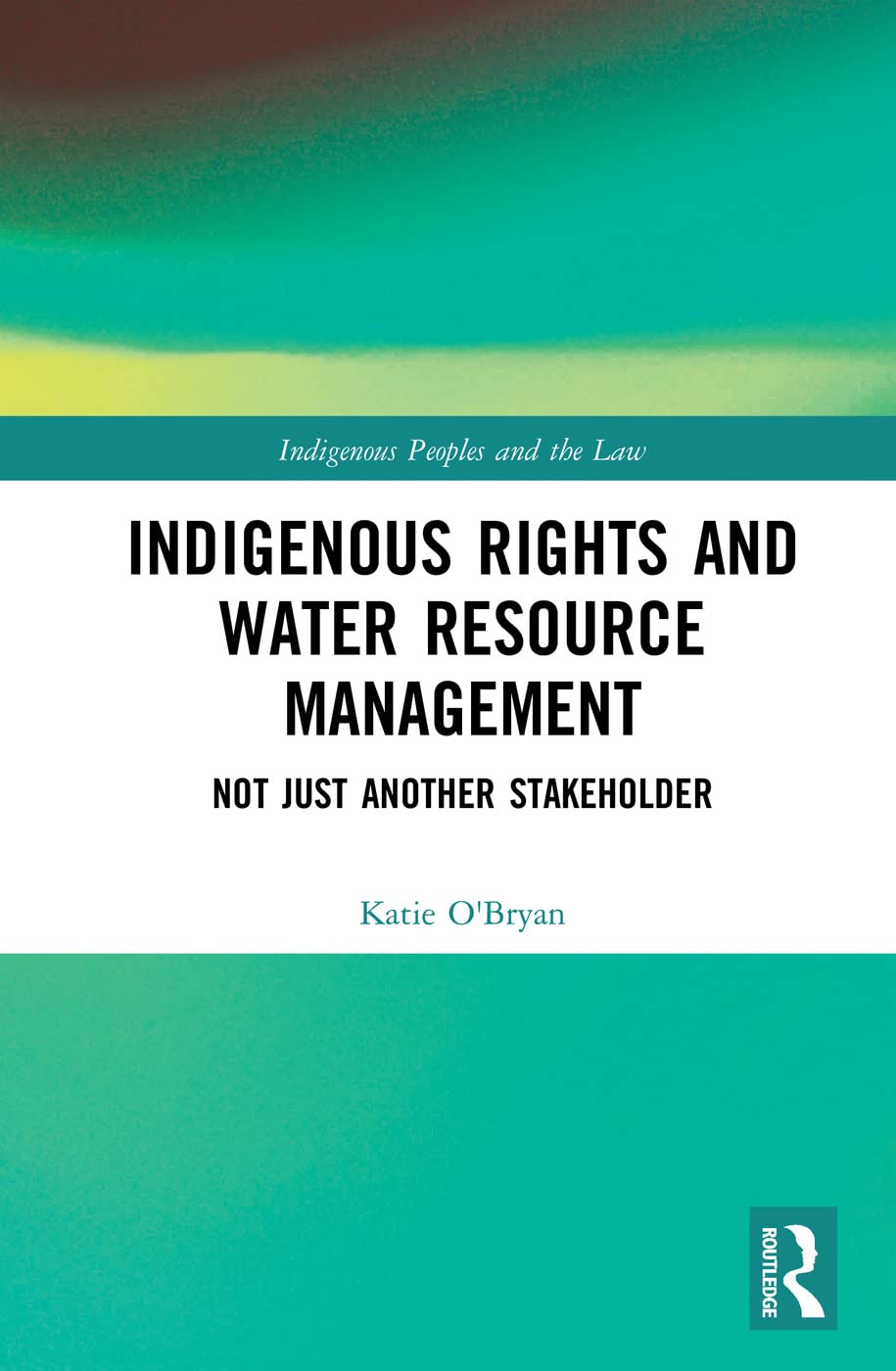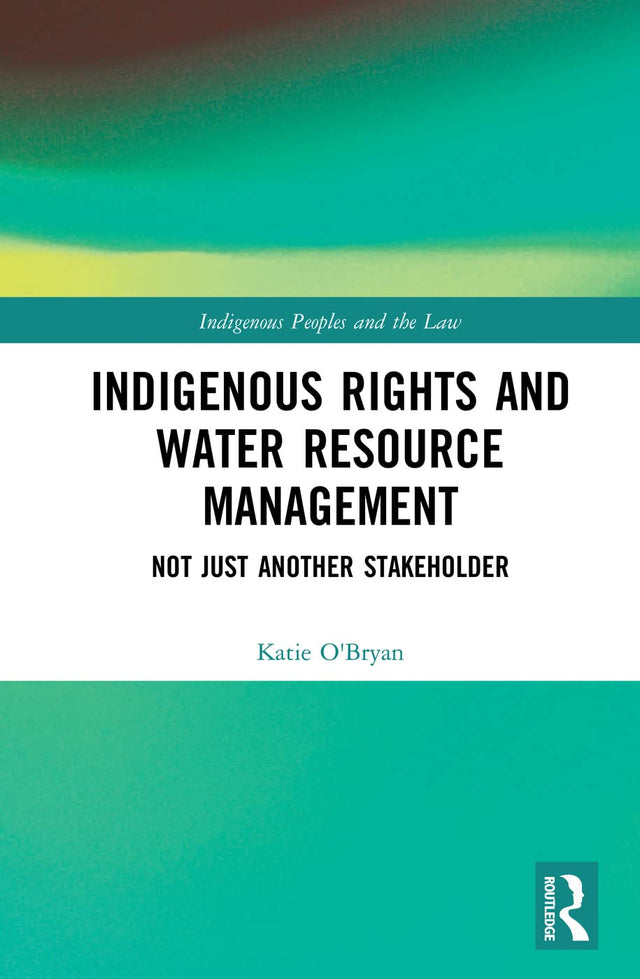Indigeneous Rights and Water Resource Management: Not Just Anather Stakeholder: Not Just Another Stakeholder (Indigenous Peoples and the Law)
Indigeneous Rights and Water Resource Management: Not Just Anather Stakeholder: Not Just Another Stakeholder (Indigenous Peoples and the Law) is backordered and will ship as soon as it is back in stock.
Couldn't load pickup availability
Genuine Products Guarantee
Genuine Products Guarantee
We guarantee 100% genuine products, and if proven otherwise, we will compensate you with 10 times the product's cost.
Delivery and Shipping
Delivery and Shipping
Products are generally ready for dispatch within 1 day and typically reach you in 3 to 5 days.
Book Details
-
Publisher: Routledge
-
Author: Katie O'Bryan
-
Language: English
-
Edition: 1
-
ISBN: 9780815375425
-
Pages: 282
-
Cover: Hardcover
-
Dimensions: 9.5 x 6.3 x 0.7 inches
-
Weight: [Not Provided]
About the Book
In the face of climate change, effective management of water resources has become an urgent global challenge, crucial for the well-being of future generations. This book highlights the invaluable contribution of Indigenous management practices that have sustainably governed inland water systems for millennia. Indigenous communities, as holders of extensive knowledge about water conservation and management, have long advocated for a greater role in decision-making processes concerning water resources. They view themselves as custodians and rights holders, deserving of meaningful participation in shaping the policies that govern water management.
Drawing on case studies from Australia and New Zealand, this book argues that one of the key means to ensure Indigenous participation is through legislative mandates that guarantee consultation, representation, and active involvement in decision-making processes related to water management. It explores the legislative tools necessary to facilitate such participation, ensuring that Indigenous communities have a voice in managing the waters that are vital to their cultures and livelihoods.
This book will be of significant interest to academics, policymakers, and environmentalists who are focused on water governance, Indigenous rights, and sustainable development. Its clear and compelling analysis makes it an essential read for those seeking to understand how to integrate Indigenous knowledge and practices into modern environmental and water management strategies.





